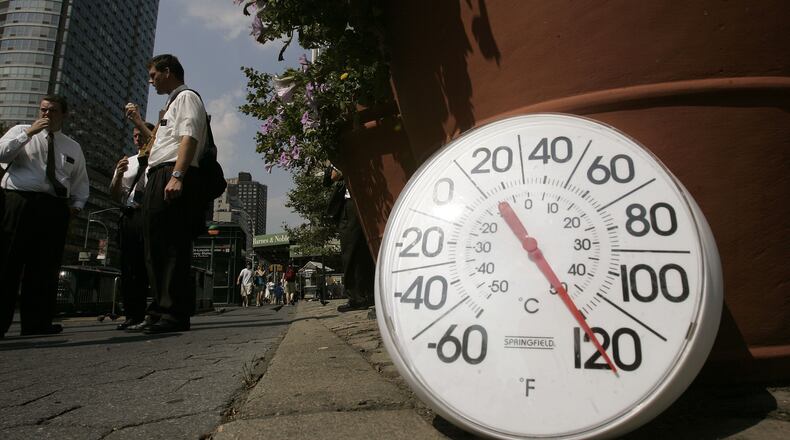Is there any truth to the theory that hot weather spawns violent crime?
Researchers from Ohio State suggest that those who live in hot climates might have less self-control.
"When you become angry, you have to control your anger, you have to control your aggressive impulses and it's harder to do that when it's hot," Brad Bushman, a co-author of the paper and professor of communication and psychology at Ohio State told AccuWeather. "And we argue that it's also harder to do that when you live near the equator and the temperatures are not only really hot, but also there's low variability."
Those who live in warm climates close to the equator often have a faster lifestyle, researchers said. They can be more impulsive, focusing on the present rather than the future.
The theory that violence spikes during a heat wave is called the “heat hypothesis.”
Researchers from Iowa State University combined global warming data with statistics on violent crime in the USA between 1950 and 2008 and noted a sharp increase as temperatures get higher.
Researchers said hot weather can speed up a person’s heart rate and create an increase in testosterone, which can cause aggression.
Another research, like the Routine Activity Theory, finds that when people spend more time outdoors in warm weather, there are more opportunities for conflict.
About the Author
The Latest
Featured

